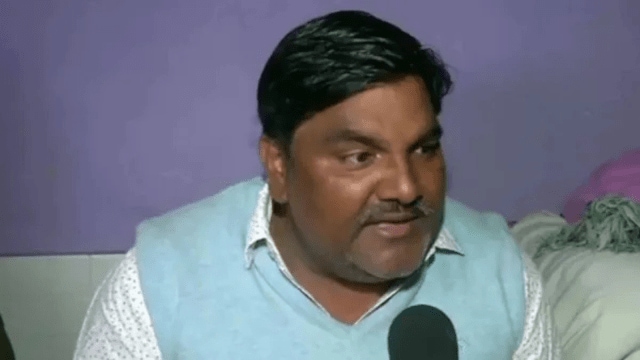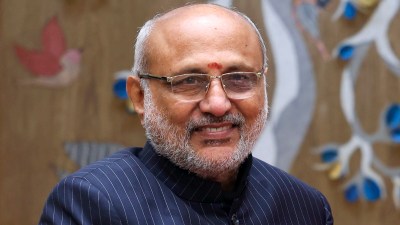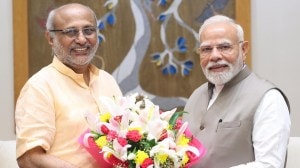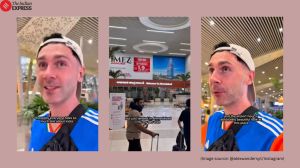Delhi riots larger conspiracy case: ‘Chakka jam’ not terrorism, texts don’t say ‘pick up weapons’, counsel argues
The court was hearing arguments on framing charges in the case pertaining to the Northeast Delhi riots which broke out in February 2020.
 Former Aam Aadmi Party (AAP) councillor Tahir Hussain and 17 others in the case have been charged under stringent provisions of the UAPA.
Former Aam Aadmi Party (AAP) councillor Tahir Hussain and 17 others in the case have been charged under stringent provisions of the UAPA.Arguing before a Delhi court in the larger conspiracy case linked to the 2020 Northeast Delhi riots, former Aam Aadmi Party (AAP) councillor Tahir Hussain pointed out on Friday that the WhatsApp chats relied upon by the prosecuting agency do not instruct anyone to pick up weapons or indulge in violence.
Only ‘chakka jam’ and peaceful protests were mentioned in the chats relied upon by the Delhi Police Special Cell which is investigating the case, the counsel said. The court of Additional Sessions Judge Sameer Bajpai was hearing arguments on framing charges in the case pertaining to the February 2020 riots.
“Nowhere in the WhatsApp messages is it mentioned that we should pick up weapons against the Government of India or its agencies,” argued Advocate Rajiv Mohan, representing Hussain.
Hussain and 17 others in the case have been charged under stringent provisions of the UAPA. Of the 18 accused arrested in this case, six are on bail and 12 are still in judicial custody.
Mohan, who was accompanied by advocates Tara Narula, Rishabh Bhati, Shivangi Sharma, Sonal Sarda and Ilma Khan, said, “Chakka jaam is not a terrorist act…is meeting people and protesting also a terrorist activity as per the agency?,” he added.
The chats are part of the evidence relied upon by the Special Cell along with CCTV footage and statements of witnesses. As per the prosecution, the 2020 Northeast Delhi riots were the result of a months-long “deep-rooted” conspiracy allegedly hatched after the Citizenship Amendment Bill got a nod from the Union Cabinet in December 2019.
“What is the common conspiracy in this case? First, the agency has to make that clear. Which offence is being committed by the accused persons?,” Mohan sought to know.
“For the individual act done by the person attending the protest, the police have already registered the FIR and a chargesheet… Until and unless any element shows that any armed rebellion or insurgency was promoted, the UAPA (Unlawful Activities Prevention Act) cannot be invoked,” he said.
“The protests were confined against the Citizenship Amendment Bill. The way a community reacts to a Bill is a different issue… It can’t be held that it’s a protest against the Government of India,” Mohan argued.
As per the Special Cell, the “conspiracy” in this case was the alleged creation of 23 protest sites that operated “24×7 in Muslim majority areas” close to mosques and main roads. The prosecution also alleged that before the riots of February 2020, a “replica” of the riots took place in December 2019 with “similar characters and modus operandi”. Over 700 people were injured and 50 succumbed to death during the 2020 riots.







